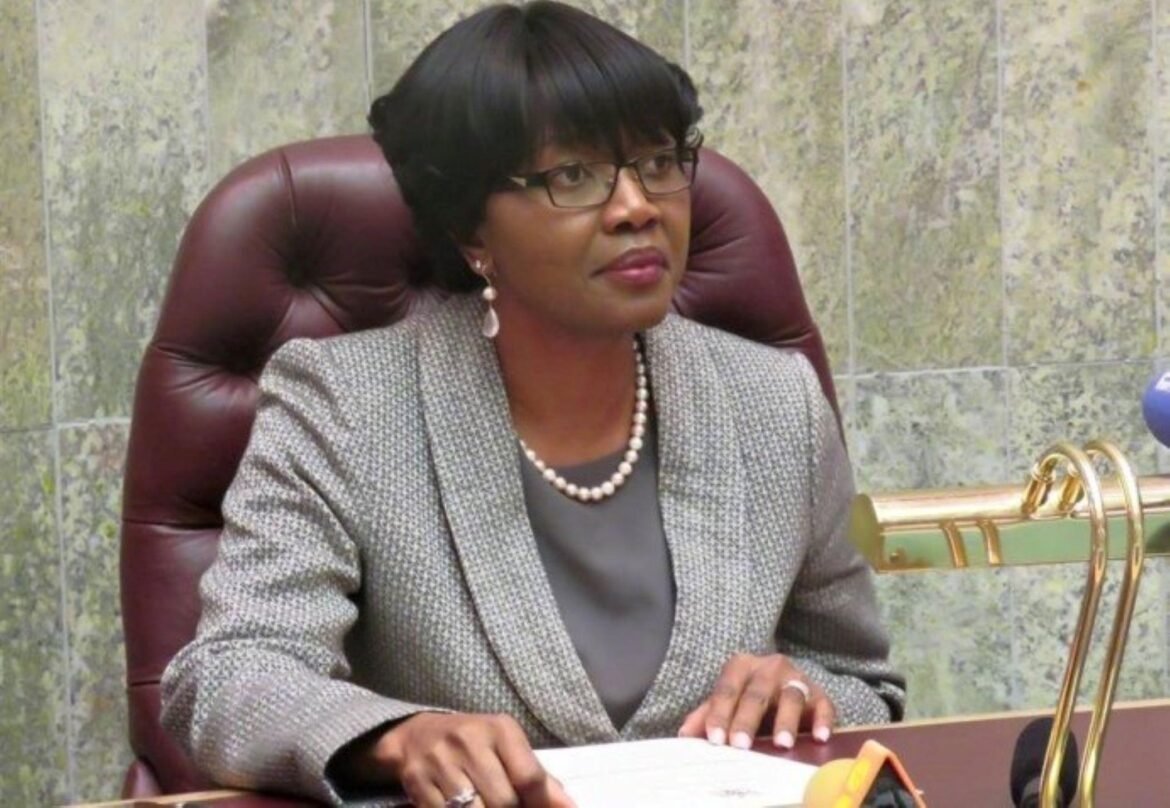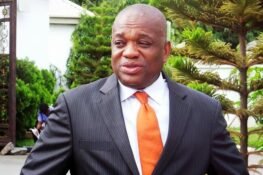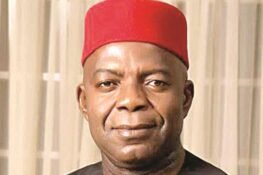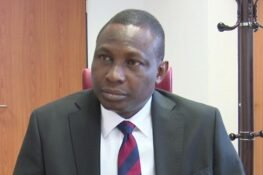The Prime Minister of Namibia, Saara Amadhila has explained the country has been able to contain the Coronavirus outbreak, recording no new cases of the covid-19 virus in more than three weeks and bringing down the number of active cases to five from 19.
Speaking as one of the leading African women that made up the international panel at a virtual conference put together by Africa.com, Amadhila said Namibia’s response however come at a cost, pushing the country’s debt to 60 per cent, a level it had never reached before.
The theme of the conference.
Panelists included Oby Ezekwesili; a minister of education in Nigeria, Phumzile Mlambo Ngcuka; the executive director of UN Women, Suzan Kereere of Visa Europe, Anne Juuko; the CEO of Stanbic Uganda and several others.
Amadhila, who heads the ministerial committee on COVID-19 in Namibia said it helped a great deal that Namibia closed its borders after declaring an emergency.
And for Namibians coming into the country, they had to go into quarantine.
Namibia, she said provided assistance to the most vulnerable people with food, income grants and encouraging employers not to lay off workers.
The prime minister said the country learnt from the experiences of other countries fighting the pandemic and has followed guidance from the World Health Organisation.
It has also received financial support from within and outside the country.








